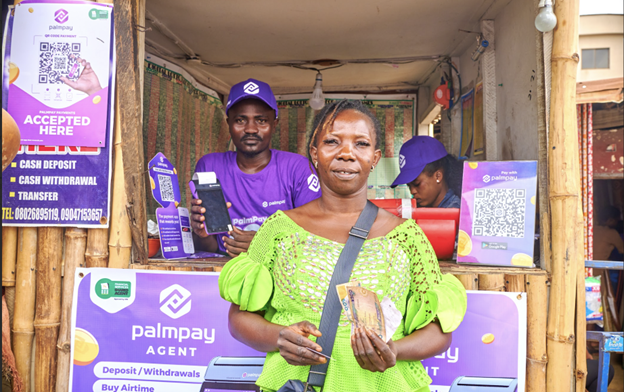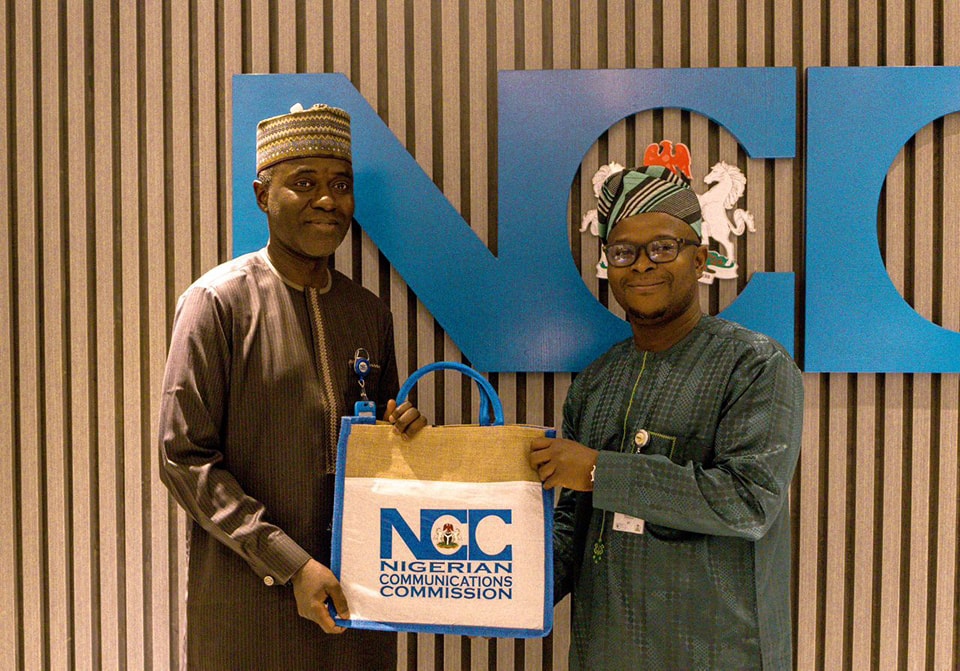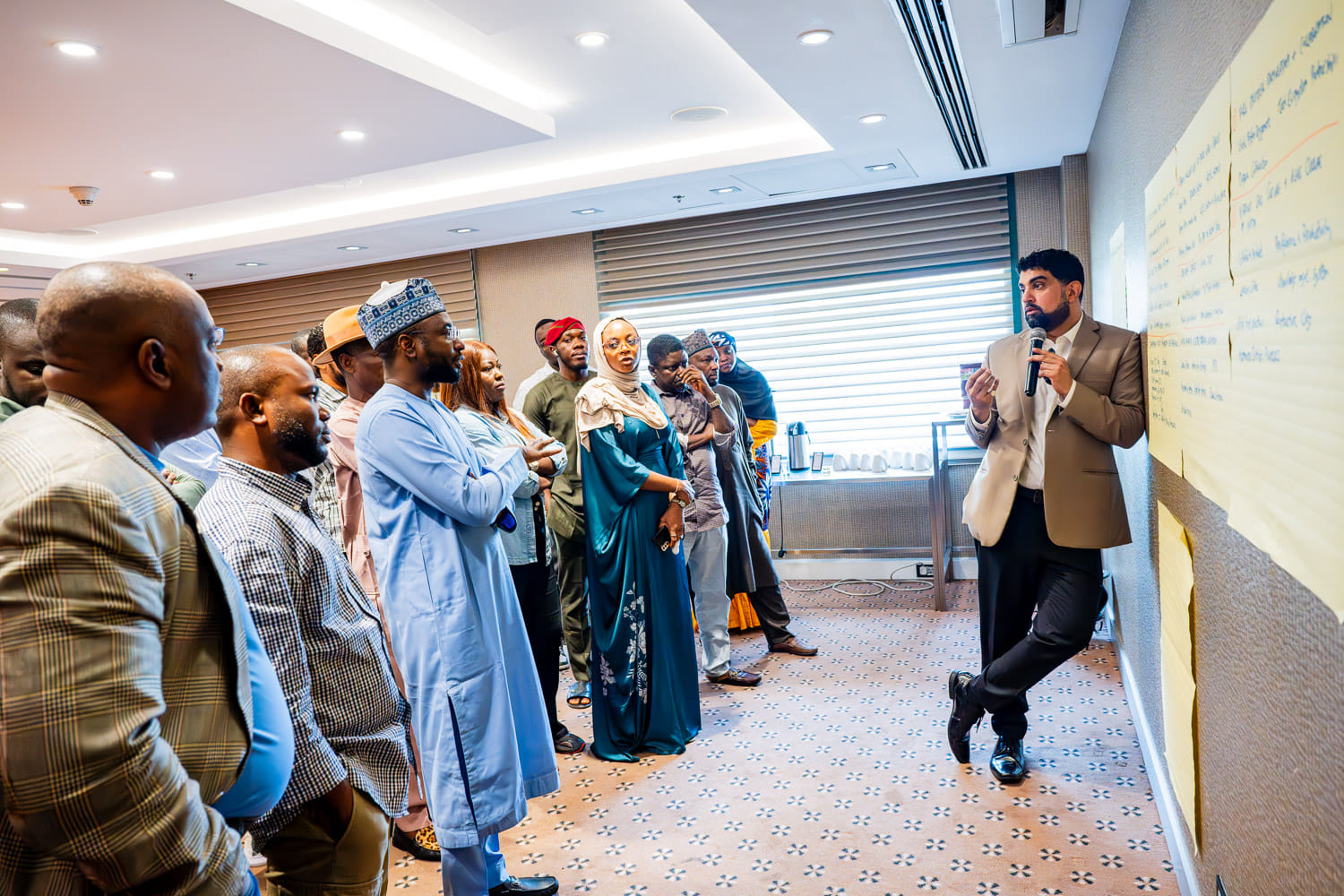The global economy faces a perfect storm of stubborn inflation, high interest rates in key economies, trade wars, supply chain difficulties and fallout from the Ukraine crisis which has heightened geopolitical risks. This is having a big impact on emerging and developing market economies, including African economies in the form of fuelling price rises, constrained trade volumes, reduced access to capital markets and food supply problems. African economies as a whole will slightly outperform the global economy this year, with most enjoying higher levels of growth than in 2022.
Published by African Export-Import Bank (Afreximbank) the Africa’s 2023 Growth Prospects: Securing growth resilience in a ‘polycrisis’ world report highlights the various factors that are currently plaguing the global economy: stubbornly high inflation, U.S. and Chinese trade and tech wars, geopolitical tensions and supply chain problems. Following a strong economic recovery from the height of the Covid-19 pandemic, global growth of 3.4% in 2022 was far lower than the IMF forecast of 4.9%, in part reflecting the extremely difficult global economic environment and a dramatic shift towards price stability in the inflation and growth trade-off.
The Afreximbank report forecasts 4.1% GDP growth for Africa this year, above the global average, with growth shared around the continent
Efforts by key global central banks to rein in inflation must take priority but this is having a negative effect on Africa, with higher external debt servicing costs and a collapse in African sovereign debt issuance. Only three African nations, Angola, Nigeria and South Africa, successfully accessed capital markets in 2022, collectively raising US$6bn, down from the nine that raised almost US$20bn in 2021.
Inflation is proving difficult to tame, while the opening up of the Chinese economy from Covid lockdown measures could further fuel global inflation by releasing pent-up domestic demand. However, “heightened geopolitical tensions, besides preventing opportunities for international cooperation on global issues such as security, climate change and trade, have raised the risk of fragmentation”, the report says.
The Afreximbank report forecasts 4.1% GDP growth for Africa this year, above the global average, with growth shared around the continent, although power shortages and other infrastructural shortcomings will see South African growth slow. The continent has the potential to accelerate its economic prospects, including via increasing infrastructural investment; ongoing structural transformation; improving the macroeconomic environment; digitalisation; and the implementation of the African Continental Free Trade Agreement (AfCFTA).
Dr Hippolyte Fofack, Afreximbank chief economist and director of research and international cooperation, commented: “Inflation, which hit multi-decade highs and is raising the spectre of stagflation, is likely to emerge as the dominant macroeconomic story, eclipsing the short-lived globalisation of growth resilience post-pandemic…In the immediate term, restraining inflation in the most affected leading economies without provoking a hard landing or a full-blown financial crisis remains the most urgent challenge and risk to both global and African growth.”
















